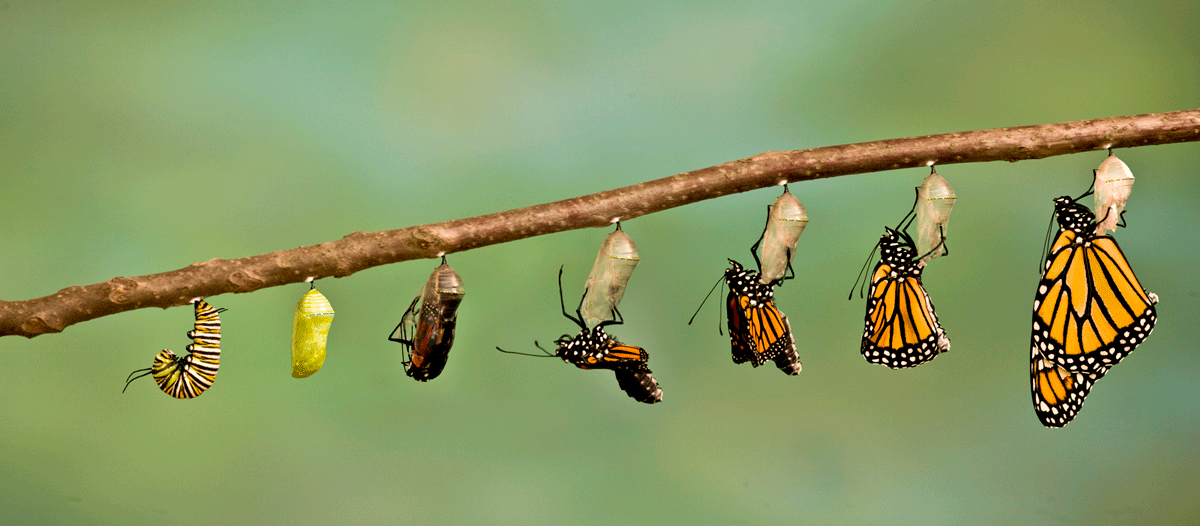daniel schmachtenberger on phase shifting humanity
12 Jan 2018a few days ago i listened to episode 036 of the future thinkers podcast and got wrecked. i can’t remember who sent me this, but whoever did is an angel. if it was you, please speak up! i owe you!
the episode was so dense with things that resonated that i’m probably going to have to listen to it like three times to get all the references and research them. i don’t think i’ve ever felt so much resonance with a white dude future thinker ever. so often the techno-academic side of this conversation is so deeply embedded in historically problematic perspectives that i just want to shut it off immediately. and, i’m sure there’s some of that here, too. but overall the way that the guest, daniel schmachtenberger, connected academic thinking about “the next system(s)” to the individual and everything in between was just excellent.
my biggest takeaway from his words was this conceptualization of where our species is in its development. we are at a discrete phase change moment. and we will either “level up” or extinguish ourselves.
via evolutionary leadership and also emergent strategy, his thoughts aren’t new to me (as gibrán said to me when i texted him this episode, consciousness of this moment is arising in many places at once). but some of daniel’s analogies make it so tangible and obvious.
the clearest was that of birth (unsurprising lol). if you were to look at a baby inside of mother or a chick inside of an egg or a catepillar, right before the moment of birth/transformation, if you didn’t know what were doing to happen next, you would assume the young one was about to die. in the case of the egg, chicken embryo has eaten all the yolk and has no food or space left. in the human child situation, the baby has physically modified its mother SO drastically that if it were to grow any larger or take any larger portion of resources, the mother and child would die. the catepillar is devouring its habitat (leaves) at a rate that if it continued, would devastate its own ecosystem.
and yet, the phase change creates something beautiful. the chick hatches and has now developed a beak. with that beak (and lungs and legs) it can now eat an entirely different type of food and survive totally differently. same with the human baby. assuming it is born healthily, it now has the capacity (mouth, lungs, voice) to get food in a different way. still from mom, but in a way that won’t (imminently) kill either party. and the catepillar, after going through the pupa stage, becomes a butterfly. not only does the butterfly eat a tiny fraction of and a totally different part of its environment, it has now taken on the role of pollinator. it has become a part of its ecosystem that makes more opportunities for its own kind and many other species.
in terms of emergent strategy, these transformations are “creating more possibilities.” they are moving towards more and more life. in evolutionary leadership, gibrán calls this the evolutionary leap. will we leap and enter into a new type of relationship with each other, ourselves, and our environments? …a way of existence that, had you looked at us today, wouldn’t have seemed possible.
if you didn’t know that a catepillar was to become a butterfly, how would you have known what was going to happen next? you really couldn’t know. nothing in the catepillar would have told you that it was about to grow wings. and yet it did.
nuts, huh?
words / writing / post-processing
600w / 20min / 6min
